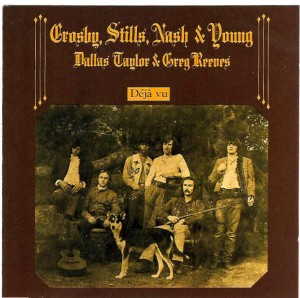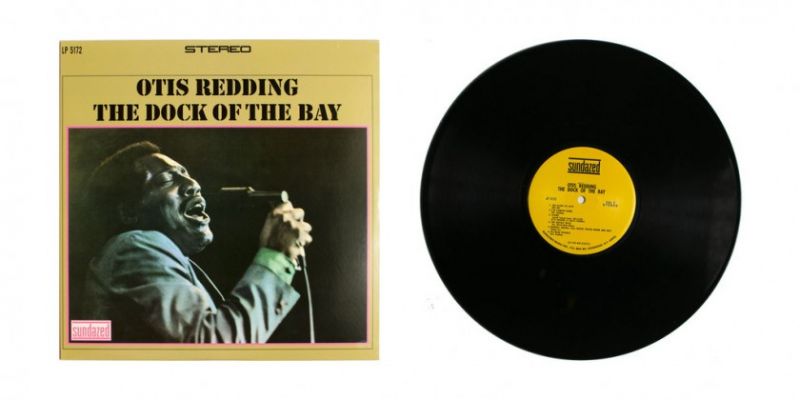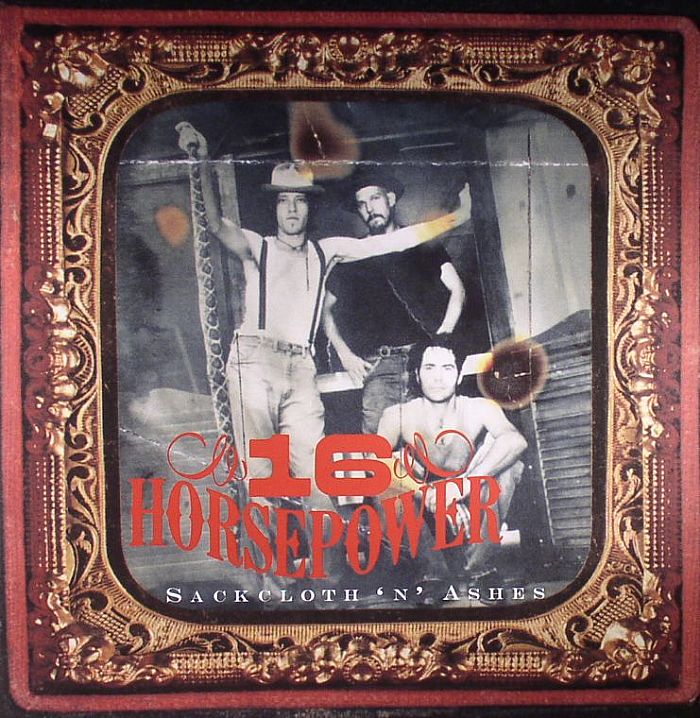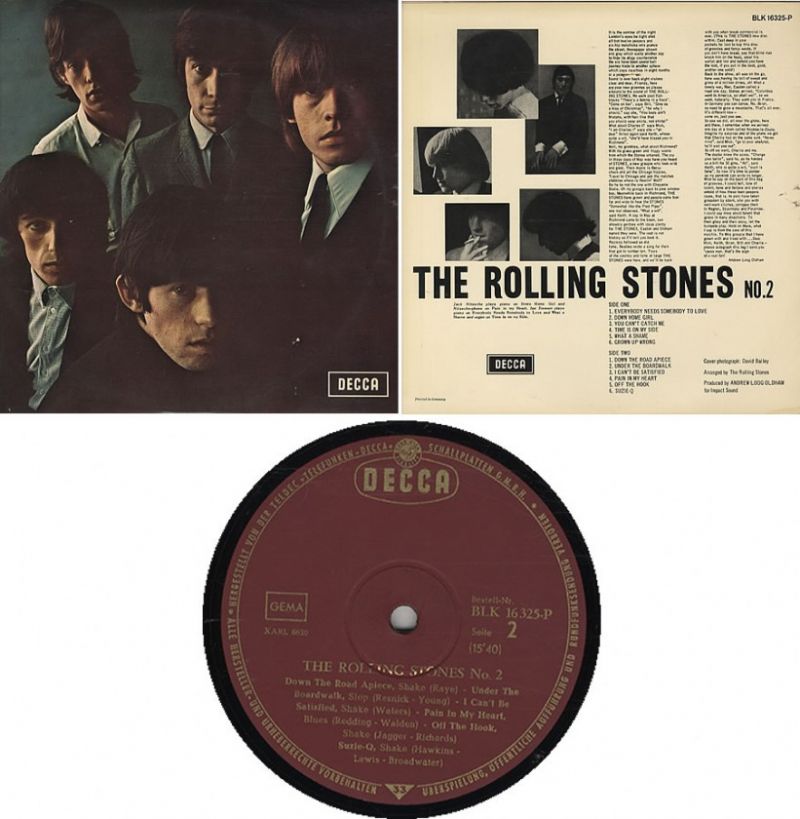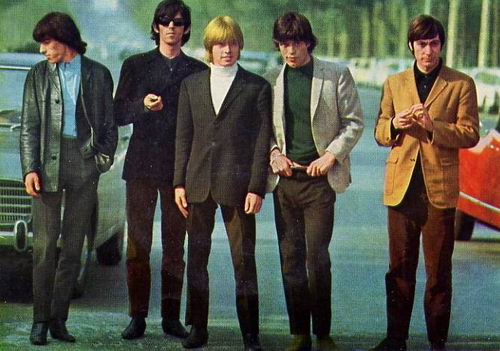
The Idiot is the debut solo album by Iggy Pop. It was the first of two LPs released in 1977 which Pop wrote and recorded in collaboration with David Bowie. Although issued after Low, the opening installment of Bowie’s so-called Berlin Trilogy, the pair began writing and recording songs for The Idiot in mid-1976, before Bowie started work on his own album. As such, The Idiot has been claimed as heralding the unofficial beginning of Bowie’s ‘Berlin’ period, being compared particularly to Low and “Heroes” in its electronic effects, treated instrument sounds, and introspective atmosphere. A departure from the hard rock of his former band the Stooges, the album is regarded by critics as one of Pop’s best works. Its title was inspired by Dostoyevsky’s novel The Idiot, three of the participants in the recording—Bowie, Pop and Tony Visconti—being familiar with the book. I will argue that there’s really a “Berlin-quintet” consisting of: The Idiot, Low, “Heroes”, Lust for life and Lodger.
Iggy Pop’s The Idiot, is equally a David Bowie album as a guest singer/composer; Davis Bowie co-wrote all the songs (except Sister Midnight that was co-written with Carlos Alomar and David Bowie) , played many of the instruments and produced it (kind of…). Tony Visconti tried to salvage the over-modulated tapes at the mixing stage.
| Released | March 18, 1977 |
|---|---|
| Recorded | July 1976 – February 1977,Château d’Hérouville, Hérouville, France, Musicland Studios, Munich, Hansa by the Wall, Berlin |
| Genre | Post-punk, art rock |
| Length | 38:49 |
| Label | RCA |
| Producer | David Bowie (and Tony Visconti) |
Iggy Pop (w/ David Bowie) – Funtime and Sister Midnight (live 1977):
“Poor Jim, in a way, became a guinea pig for what I wanted to do with sound. I didn’t have the material at the time, and I didn’t feel like writing at all. I felt much more like laying back and getting behind someone else’s work, so that album was opportune, creatively”
– David Bowie
So, Iggy Pop acted as a guinea pig. David Bowie seemed tired of his ever-changing narrative or masks, so he used the opportunity making an Iggy solo record as a way to start re-inventing himself as well as Iggy. Iggy Pop and David Bowie worked extremely well as a team.
Personell:
Iggy Pop – vocals
David Bowie – keyboards, synthesizer, guitar, piano, saxophone, xylophone, backing vocals
Carlos Alomar – guitar
Dennis Davis – drums
George Murray – bass
Phil Palmer – guitar
Michel Santangeli – drums
Laurent Thibault – bass
Continue reading Today: Iggy Pop released The Idiot in 1977

